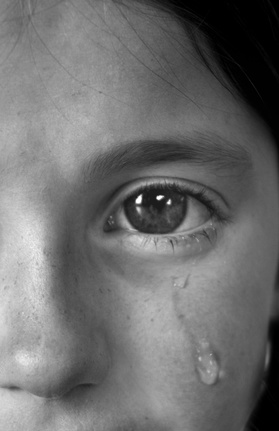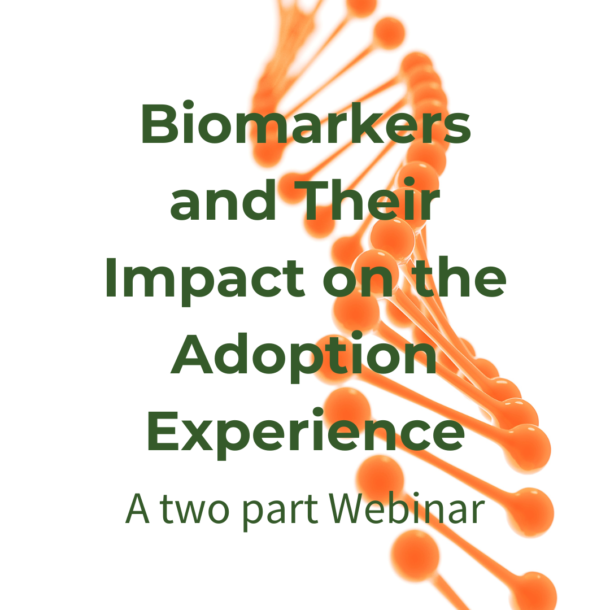
In adoption, great joy and many blessings coexist with grief, sadness, curiosity, regret and other complicated but very real and profound emotions. We’ve focused several recent blogs on proactively establishing an adoption-attuned safety net for our children. Comprehensive and open communication. is one essential ingredient of any family system. For adoptive families this means we talk about 360° of emotion surrounding adoption. The entire range of feelings are acknowledged, validated and respected. Children need regular reassurances that all topics are “open” for discussion, even–perhaps especially–those which may be difficult for adoptive parents to hear.
When kids feel hopeless, overwhelmed by their challenges, or believe they are unable to broach issues, whether their belief is grounded in reality or their imagination, they flounder emotionally and suffer greatly. In some extreme cases it leads them to consider, or tragically, to choose suicide. (The suicide rate is higher among adoptees than non-adoptees.)
No parent wants their child to feel that desperate. No parent wants their child to choose suicide. But it happens. This is why it is essential to talk about suicide before it is too late. Parents cannot afford to sugar coat their child’s struggles or to live in denial about the depth, intensity and reality of their child’s traumas.

This dad, unable to find the proper resources, learned to understand his daughter’s adoption losses too late. Now he speaks out so other families will not face the same excruciating emotional tragedy. Yes, it is hard to listen to this interview, but it is also too important not to do so. #ThePainIsReal None of us want to learn too late that our child is contemplating suicide. #TalkAboutTheHardStuff
In some situations, our children are not contemplating such drastic measures for themselves but it exists in their family background. We must resist the urge to protect them from the information and instead prepare them gradually to learn, process and accept their history. Read our earlier post that addressed how to reveal and discuss issues like rape, abuse, suicide, etc., when they are part of a child’s biological history. Although these topics are emotional, traumatizing and difficult to discuss, we cannot afford to stuff them under the rug.
Obviously, there are no guarantees, Sometimes a child’s problems, traumas, depression, etc., are too much for them to bear and they may still consider suicide as a possible solution. Be sure to seek professional help.
Here are two links to click. The first is a Mother’s Day video letter from an adoptee to his birth mother back in Africa. It dramatically demonstrates how children remain viscerally connected to their birth parents.
The second link is an article by adoptee, Joanne Bennett. Her brutally honest post about her childhood in a family plagued by mental illness, alcoholism, divorce and denial deserves our attention.



Thanks for broaching this difficult subject. To truly be parents attuned to our children, we do have to acknowledge what could be difficult birth histories. More importantly, we have to be willing to deal with that reality. Adoption is not a one-time event with a fairy tale ending. On the other hand, there is great benefit to coming to terms with this reality. And the sooner, the better. #adoption #adoptivefamilies #AAQ